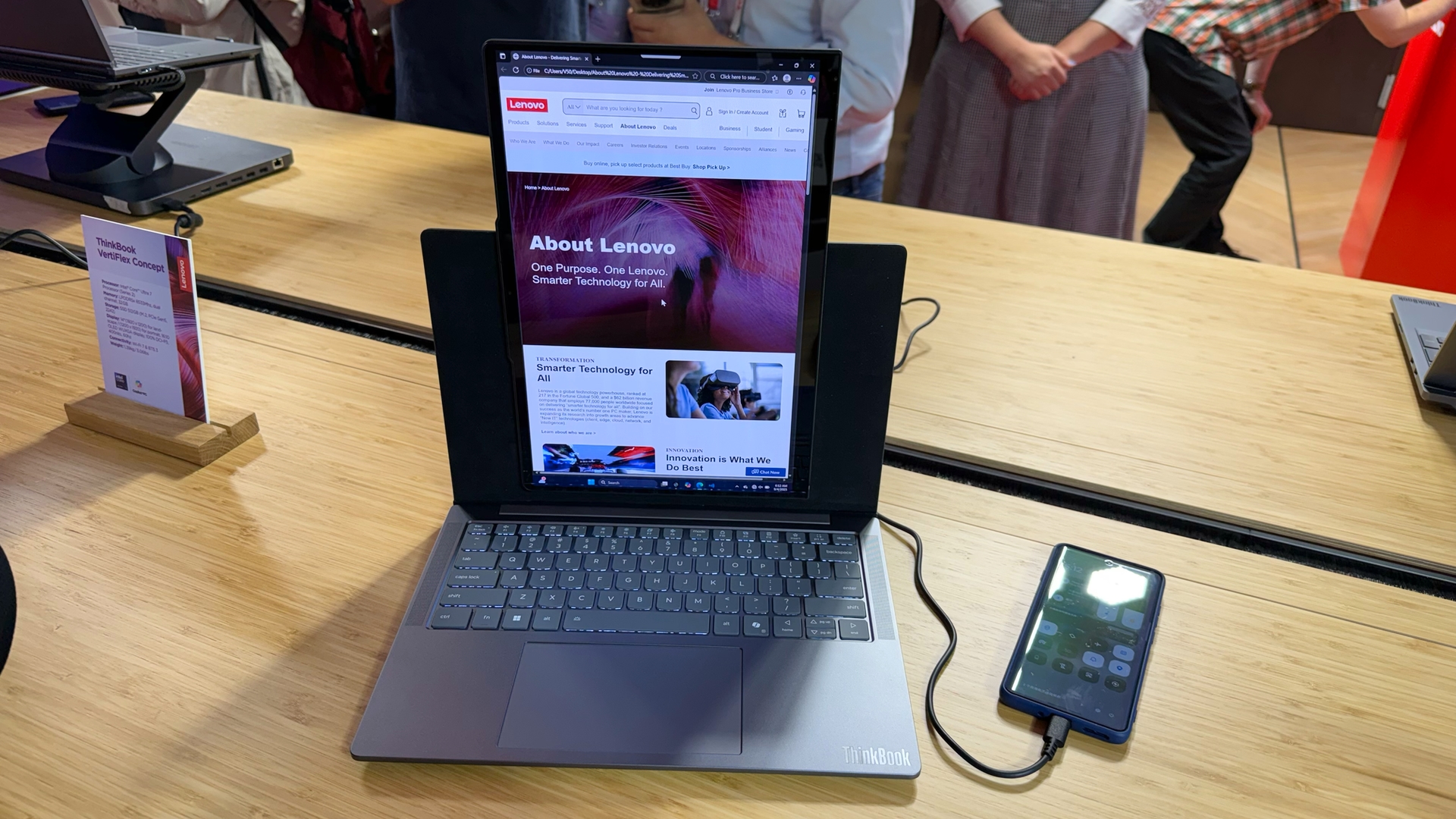Lenovo's Wild Workspace Revolution: Shape-Shifting Laptops and AI Docks That Read Your Mind

Lenovo is pushing the boundaries of innovation with its latest conceptual devices showcased at IFA, demonstrating the company's commitment to creating truly interactive and intelligent technology. The tech giant has unveiled some truly remarkable prototypes that seem to blur the lines between science fiction and reality.
Imagine a device that doesn't just sit passively on your desk, but actively adapts to your needs. Lenovo's cutting-edge concepts include smart gadgets that can rotate to optimize viewing angles or even autonomously follow you around a room. These aren't just incremental improvements—they represent a radical reimagining of how we interact with technology.
The rotating displays and mobile devices hint at a future where technology becomes more intuitive and responsive. By creating products that can dynamically adjust their position or move alongside users, Lenovo is showing that the next generation of tech will be about seamless, intelligent interaction.
While these are still concept devices, they offer a tantalizing glimpse into the potential future of personal technology. Lenovo is clearly not content with conventional design, instead challenging our expectations of what electronic devices can do. Tech enthusiasts and consumers alike will be eagerly watching to see which of these innovative concepts might eventually make their way to market.








